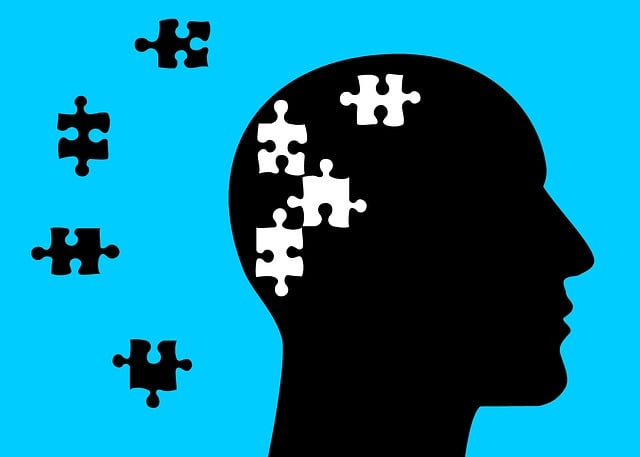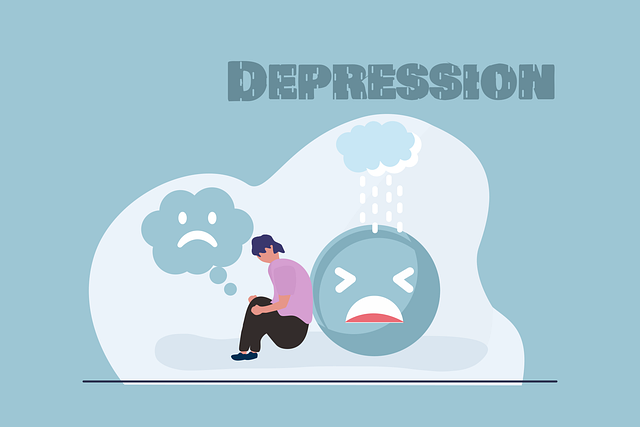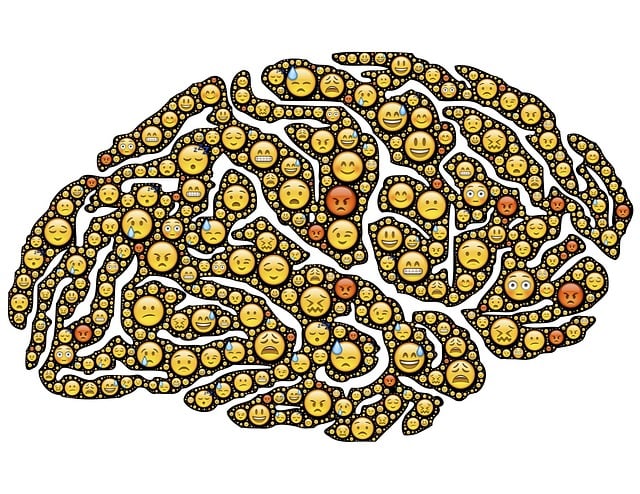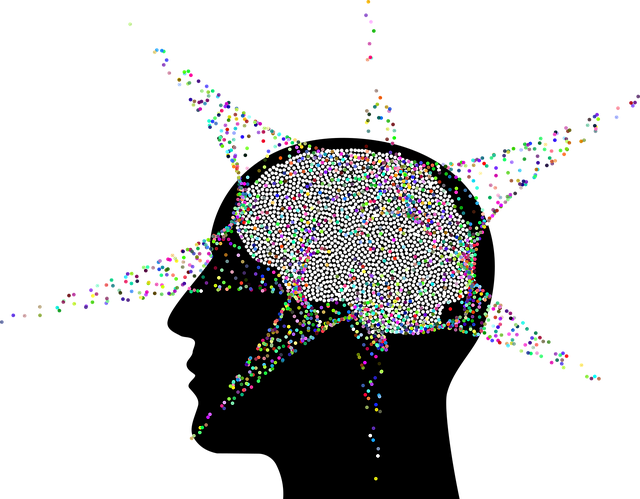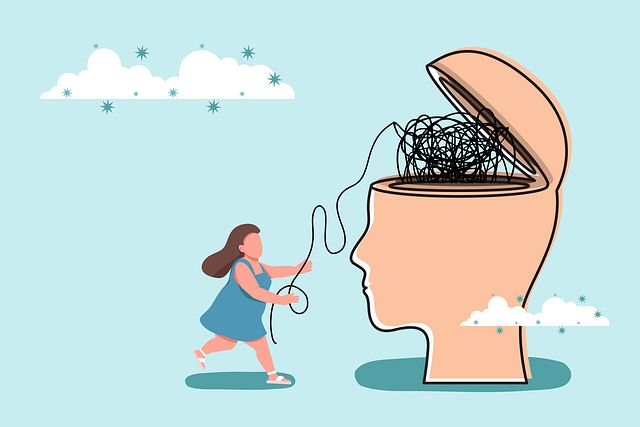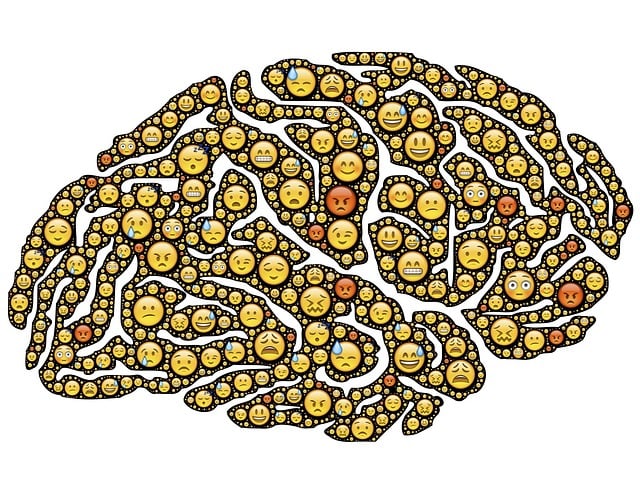Mental wellness coaching, particularly integrating Golden Gender Identity Therapy (GGIT), is a vital resource for promoting emotional well-being across diverse populations, including those with unique gender identities. GGIT's tailored approach creates safe spaces for clients to explore and express themselves, fostering self-acceptance and enhanced self-esteem. By offering customized approaches addressing cultural background, gender identity, and mental health concerns, coaches can significantly improve overall mental wellness. Incorporating GGIT into podcast series production facilitates open dialogues about gender stressors, revolutionizing mental health support through inclusive spaces that enhance emotional well-being.
Mental wellness coaching programs are gaining traction in modern society as a crucial tool for promoting holistic well-being. This article delves into the development of such programs, focusing on two key aspects: understanding the growing need for mental wellness coaching and integrating innovative approaches like Golden Gender Identity Therapy to provide inclusive support. We’ll explore customized program design tailored to diverse clients, along with effective implementation strategies and their significant impact.
- Understanding Mental Wellness Coaching: A Growing Need in Modern Society
- Integrating Golden Gender Identity Therapy: Unlocking Inclusive Support
- Designing Customized Programs: Tailoring Approaches for Diverse Clients
- Implementation and Impact: Strategies for Effective Coaching Interventions
Understanding Mental Wellness Coaching: A Growing Need in Modern Society

In today’s fast-paced and often stressful world, mental wellness coaching has emerged as a vital tool for fostering emotional well-being promotion techniques among individuals across diverse demographics. This growing need is particularly pronounced within communities that face unique challenges related to identity, such as those identifying with the Golden Gender Identity Therapy framework. Mentally well individuals are better equipped to navigate life’s complexities, adapt to change, and bounce back from adversity.
Coaching programs focused on mental wellness play a pivotal role in cultivating compassion cultivation practices and social skills training, ultimately enhancing the overall quality of life. These sessions provide safe spaces for clients to explore their thoughts and emotions, set personal goals, and gain valuable insights into themselves. By addressing psychological needs, coaches contribute to breaking down societal barriers and fostering inclusive environments that support every individual’s mental health journey, regardless of identity or background.
Integrating Golden Gender Identity Therapy: Unlocking Inclusive Support

Integrating Golden Gender Identity Therapy (GGIT) into mental wellness coaching programs is a powerful step towards creating inclusive support systems. GGIT offers a unique and tailored approach to addressing the complex needs of individuals navigating their gender identity. By incorporating this therapy, coaches can provide an environment where clients feel safe to explore and express their true selves, fostering self-acceptance and improved self-esteem.
This therapeutic method focuses on the social, cultural, and psychological aspects of gender, enabling participants to challenge societal norms and internalized beliefs. As a result, it becomes an effective tool for trauma support services, helping individuals manage and overcome stress related to their gender journey. The integration of GGIT ensures that mental wellness coaching programs are not only inclusive but also empowering, encouraging clients to embrace their authentic selves while developing effective coping mechanisms for life’s challenges, including enhanced stress management.
Designing Customized Programs: Tailoring Approaches for Diverse Clients

In designing mental wellness coaching programs, one of the most effective strategies is to offer customized approaches that cater to a diverse range of clients. This involves delving into the unique needs and challenges each individual faces, whether it’s related to their cultural background, gender identity, or specific mental health concerns. For instance, Golden Gender Identity Therapy can be a powerful tool for transgender individuals seeking emotional healing processes tailored to their experiences. By adapting traditional therapy methods, coaches can provide safe spaces where clients feel understood and supported.
Customized programs also incorporate elements of Mental Health Education, empowering clients with knowledge about their mental wellness. This could include practical guidance on Mental Wellness Journaling Exercises to help individuals track their progress, process emotions, and cultivate self-awareness. Through such personalized strategies, coaching becomes an inclusive and effective means to enhance overall mental health, ensuring each client receives the attention and support they need to thrive.
Implementation and Impact: Strategies for Effective Coaching Interventions

The implementation of coaching interventions aimed at mental wellness should be strategic and inclusive. One effective approach is to tailor programs that cater to diverse populations, such as incorporating Golden Gender Identity Therapy (GGIT) techniques to support individuals navigating their gender identity and expression. This strategy ensures that various demographics, including LGBTQ+ folks, feel seen and heard.
By integrating GGIT into Mental Wellness Podcast Series Production, coaches can facilitate open dialogues about gender-related stressors and provide valuable resources for Emotional Well-being Promotion Techniques. These interventions have the potential to revolutionize mental health support by fostering safe spaces where individuals can explore their identities, manage stress, and enhance their overall emotional well-being.
Mental wellness coaching programs, with a focus on integrating Golden Gender Identity Therapy, offer a transformative approach to supporting diverse individuals. By designing customized interventions, coaches can create inclusive spaces that cater to unique needs. This holistic development ensures that clients receive tailored guidance, fostering mental wellness and empowering them to navigate life’s challenges effectively. As these programs gain traction, we see a promising future where accessible coaching interventions significantly enhance the well-being of people from all backgrounds.
